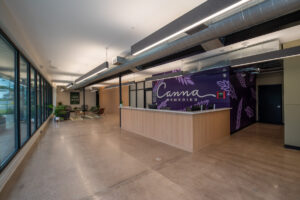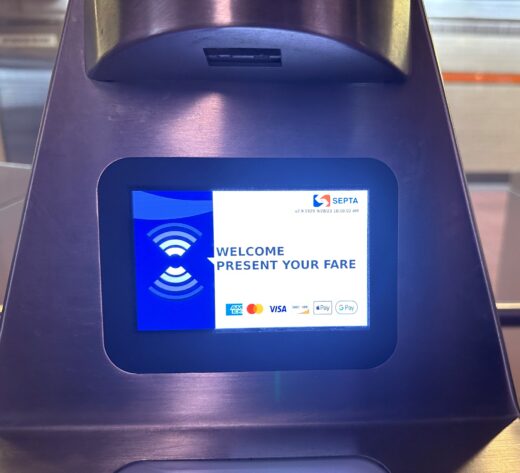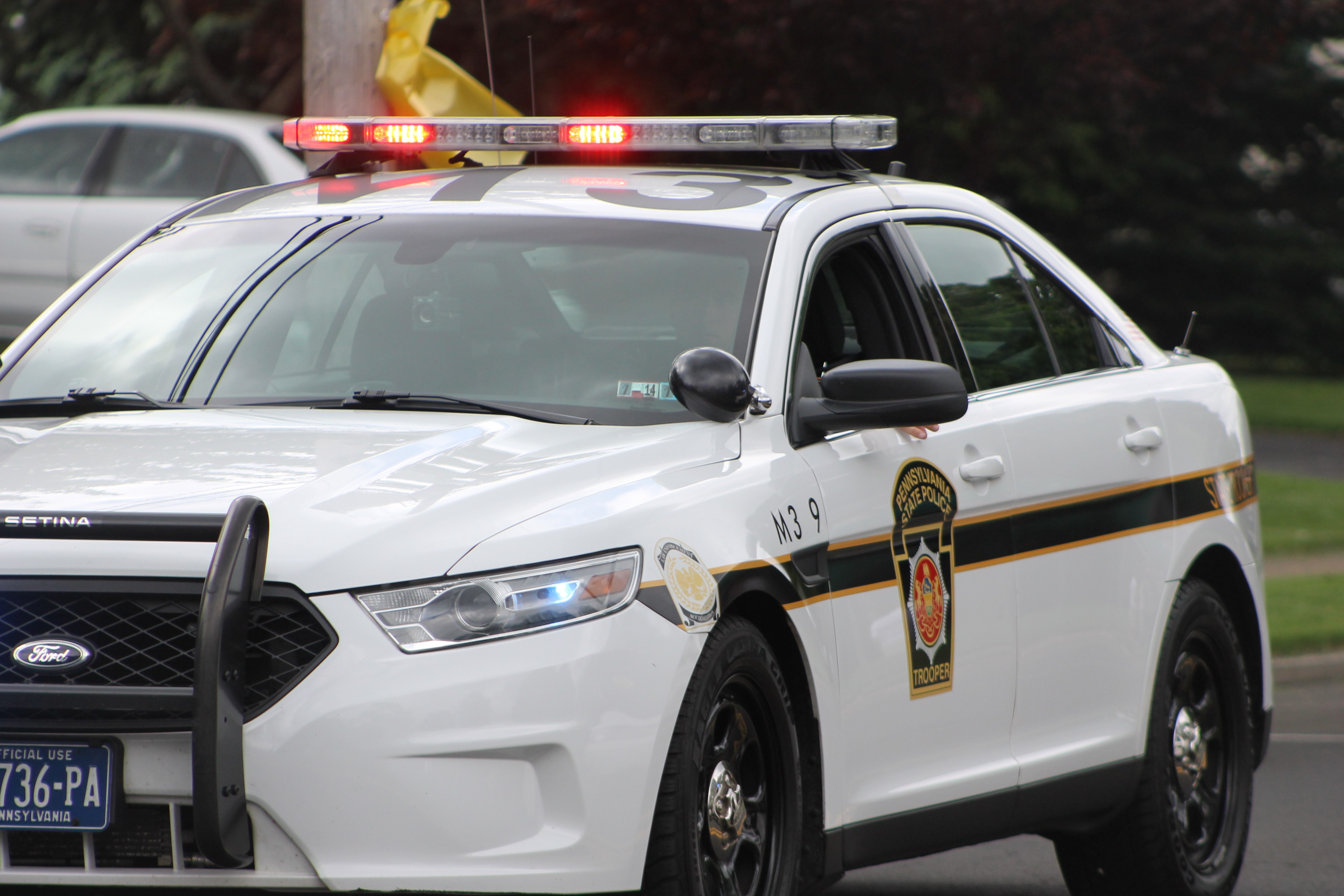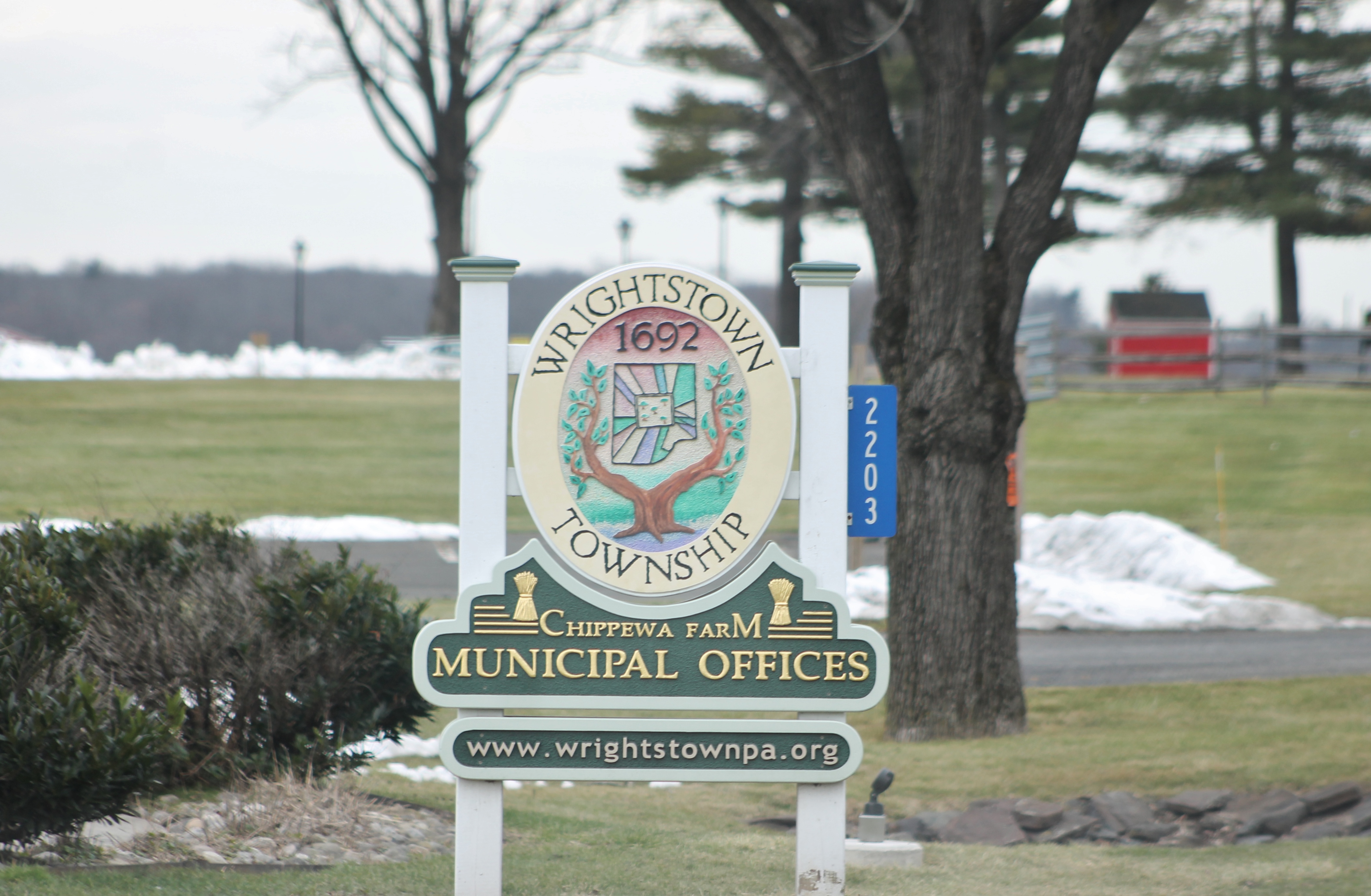The SEPTA Board of Directors approved a 7.5 percent fare increase at their Thursday meeting.
Starting December 1, SEPTA’s Travel Wallet fare for buses, subways, and trolleys will be $2.50 to match the cash fare. The fare adjustment will also standardize most single-trip fares on Regional Rail with Travel Wallet and Quick Trip pricing across the transit system that serves Philadelphia, its surrounding counties, and parts of New Jersey and Delaware.
The fare hike comes ahead of a proposed 21.5 percent increase scheduled for January 1.
If approved, SEPTA customers would face an average fare increase of 29 percent across all modes and payment methods starting in the new year.
SEPTA Board Chair Kenneth Lawrence, Jr. underscored the financial challenges facing the transit authority.
“For two years, we have been warning about the dire consequences facing SEPTA – and our region – due to the looming fiscal cliff,” said Lawrence. “With no prospect of a statewide solution to help fund the everyday operating expenses of public transportation systems, we have no choice but to continue plans to confront this stark reality.”
A hearing on the next proposed fare hike is set for December 13 at the Pennsylvania Convention Center in Philadelphia. The SEPTA board will possible take a vote on the next increase at the December 19 meeting.
The fare hikes are part of a plan that includes significant service cuts that are expected to be outlined in early 2025. Preliminary plans indicate a reduction in service by approximately 20 percent across all modes to cut costs.
The 7.5 percent fare hike and proposed 21.5 percent increase comes as the transit system faces a $240 budget deficit that following the end of federal COVID-19 aid funds.
“This is not a position we ever wanted to be in,” said SEPTA Chief Operating Officer Scott Sauer. “We have been investing carefully in service enhancements and customer and employee safety initiatives to improve service and bring more riders back to the system, and those efforts are paying off. We need a funding solution that will ensure SEPTA can provide the level of service our region needs and deserves.”
The increases are expected to generate nearly $50 million in new annual revenue, but actual gains may be offset by potential declines in ridership due to higher fares and reduced service levels, SEPTA officials said.
While state lawmakers have allocated additional funds to Pennsylvania transit agencies, a larger funding package remains stalled in Harrisburg.
Democratic Governor Josh Shapiro has pledged his support and said he will “not let SEPTA fail.”
The governor said his administration is exploring options to stabilize SEPTA’s finances.
SEPTA last raised fares in 2017 and deferred planned increases in 2020 deferred due to the pandemic.
The fare increases come as SEPTA has struck tentative agreements with two of its unions.
Advertisement
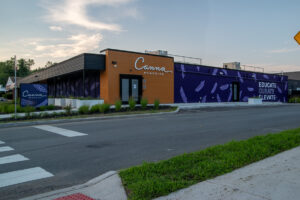
Convenient Legal Access to High Quality Cannabis Just A Few Minutes Away!
